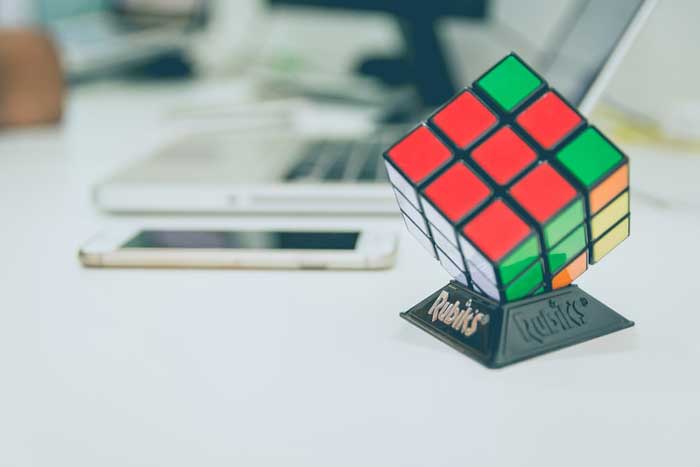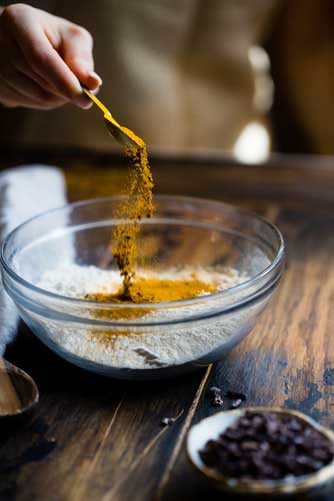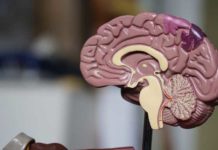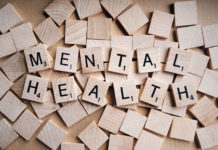Early dementia, memory problems – how often do you hear about these in the media? You don’t want your brain to be aging earlier and faster than you are, do you? Then take care of your mental health now! To learn how to maintain a good memory, go on reading below!
So, what is better to learn for active brain performance (not poetry) and how does sport affect memory?
Do crossword puzzles
Or use a more modern method – download the application with tasks, sudoku, puzzles or other “think for yourself” tasks. You won’t have to wait long for the results to come: four weeks are enough to see the progress. For instance, 42 adults who participated in a recent American experiment and used “smart” applications, began to pass memory tests better after this period.
Another study proved that to achieve such results, it is enough to devote at least 15 minutes 5 times a week to brain training. It is cheap in terms of human resources, isn’t it?!
Choose vitamins
Doctors are sure that the main vitamin that one lacks in the Nordic countries and that can help is vitamin D. It is believed that people with a normal indicator of this compound in the blood receive a delay before the onset of age-related problems associated with the assimilation of new information. Moreover, they are significantly less likely to have a dementia. Other important allies on the way to clarity of mind are vitamins B3, B5, B6 and B12. Complexes based on them supply the brain with oxygen and calm the nervous system (disturbances do not contribute to concentration). Medications with vitamin B4 are attributed to a separate category; they help to cope with chronic fatigue, which means to awaken the central part of the nervous system. Decide what fits you together with your doctor.
Ride a bike
Physical activity improves blood circulation throughout the body and stimulates the activity of neurons. A global British study, which included volunteers from 19 to 93 years old, riding a bicycle daily, revealed an interesting pattern: each age group had fewer problems with memorization. And again, the doctors consoled all the lazybones: for such an effect, 20-30 minutes of (any) exercise per day is enough. Plain walking, by the way, is also helpful, if you devote a little more time to it – at least 40-50 minutes a day.
Spice food with turmeric
Indian ginger – turmeric – has recently been dubbed as the new superfood. Turmeric is considered a detoxifying agent that saves from any inflammation and toxins, including in the circulatory system, which is also important for the functioning of the brain. The Chinese attribute such magical properties to the leaves of the ginkgo tree, which are most often produced in the tablet form.
Learn languages
Modern scientists from different countries have made a discovery that even if bilinguals happen to suffer from memory loss, they develop it much later than those who know only one language and do not seek to replenish their knowledge. However, motivation is important (for example, going to another state to speak a language with the locals, or passing an exam in a foreign language well). The organism cannot be fooled: everything that we try to forcefully push into our brain (for example, swotting poems that we don’t like) does not yield such a result.









